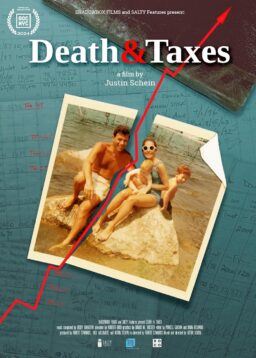PARK CITY, Utah — You have to go to something like Robert Redford‘s annual “filmmakers’ brunch” to sense the level of ambition, hope and need at the Sundance Film Festival. You understand that the festival is a showcase for independent filmmakers. You know that a lot of them are here with their first or second movies and a game plan to make a sale, find distribution, win awards and generate buzz.
You know that when you meet the filmmakers one at a time. But when there are hundreds in the same room, the sheer level of psychic desire is almost overwhelming.
Redford holds his annual brunch more than an hour’s drive from Park City, at his Sundance Institute, up in a canyon above Provo. This is where his institute holds workshops for aspiring directors, writers and actors each summer. Many of those summer sessions have borne fruit over the years; near the podium during Redford’s greeting speech was Gregory Nava, whose “El Norte” (1983) was the first of the Sundance projects to be released.
There are people here who hope the institute’s good fortune will rub off. Noah Stern and Michael Kastenbaum are passing around invites to the screening of “The Invisibles,” which Stern directed and Kastenbaum produced. Stern was the film critic at the Daily Illini at the University of Illinois. He’s made more than a dozen films, average cost $6,000. The new one, shot in Paris, cost around $9,000: “You have no idea how little money a film can be made for.”
After the brunch is over, it looks like everyone wants to have a word with Redford. He doesn’t hurry away, but patiently listens to stories, hopes, plans and pitches. Watching it all is Gary Farmer, the towering Native-American actor from Toronto, who is here with a documentary: “It’s about corn. Corn is an incredibly interesting subject when you approach it in terms of my people’s tradition.”
Not far away is Michael Epstein, “born in Rogers Park, Chicago, now living in Brooklyn,” who is here with his documentary, “Hitchcock and Selznick.” “There’s a brand-new print of ‘Notorious,'” he reports. “It’s beautiful.”
Next I run into Toni Kalem, an actress you may remember from “Private Benjamin,” where she played the toughest private in the Army. “I bought the rights to Anne Tyler‘s novel A Slipping-Down Life, years ago,” she says. “At first, I wanted to star in it. Then I wanted to direct it.”
So many dreams in this room. So much hope. If I had been doing this story a few years ago, I might have written: “And here was Quentin Tarantino, a former video store clerk, who talked Harvey Keitel into appearing in his first film. It’s called ‘Reservoir Dogs,’ and it’s great, he assures me.”
They’re all great, if you listen to the filmmakers. Sometimes they’re right.











